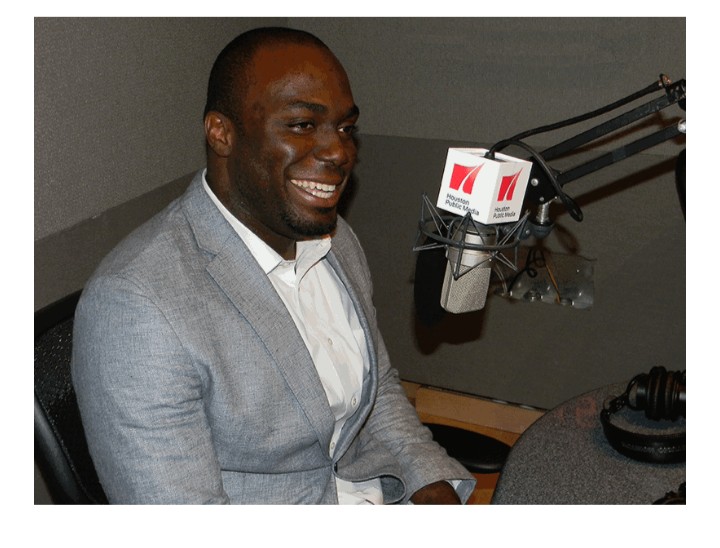Ellen Chilemba is Changing the Tides for Women in Malawi Through Social Enterprise, Tiwale
In Malawi, a landlocked country powered by Agriculture, about 80 percent of the population live in rural areas and more than 60 percent live on less than $1 per day.
Women, in many cases, have it tougher than men. Just 16 percent of girls finish primary school, and many women must deal with challenges like a low socio-economic status, higher than average rates of HIV and AIDS, and one of the world’s highest rates of maternal mortality.
Ellen Chilemba a budding entrepreneur founded Tiwale in 2012, a for-profit social enterprise in Malawi when she was just 17 in a bid to change these difficult circumstances for women in Malawi and to help them create paths out of poverty and to break the cycle of child marriage and lost potential.
Growing up in Malawi, Chilemba saw many of her female peers drop out of school as they were married off early in exchange for dowries. She saw a correlation between rising school fees, early marriage and girls discontinuing school.
While the Malawian government provides primary school education for free, once students enter secondary school, families must pay fees ranging from US$40–1000 per year. “This change, from no fee to a fee for education, is very stressful and unaffordable for most families,” Chilemba explained. “And because men are seen as the breadwinners, families think it sensible to focus on the male child continuing his education, rather than the female child.”
Thus, when Tiwale first launched, the team focused its mission on micro-lending in order to drive income growth. It targeted young women in poverty who were still in school – the idea was to help the women stay in school by providing them with the opportunity to pay for their own education.
The organization has supported 150 women with business and vocational training, and helped 40 women start businesses or find employment and these women are able to afford school fees for themselves and their children.
The organization holds regular feedback sessions, and half of the board is made up of program participants.
The participants also meet together, separate from Tiwale staff, so that they can comfortably voice their opinions and then share those concerns with the rest of the team. This creates safe spaces for them to give feedback, and empower them to create change within the organization.
Recently, Tiwale secured its first dedicated office space with rooms for a classroom and a workshop for a new fabric design initiative that generates income for the program’s participants and helps sustain the organization.
Tiwale’s Design Project trains women to do traditional fabric dye-printing and these women are developing fabrics that appeal to local markets and working with local craftsmen.
Chilemba isn’t stopping at this point, as the team is driven by a commitment to innovating new approaches and truly empowering its participants. That means taking a hard look at previous assumptions, listening closely to the them and evolving the organization’s approach.
Chilemba is of the opinion that noone should be intimidated by how far others have gone, she believes that “Change starts with the individual who has a mindset to make an impact, but grows stronger with community engagement” and this is evident in how effective the platform is in contributing to the social standing in Malawi.




